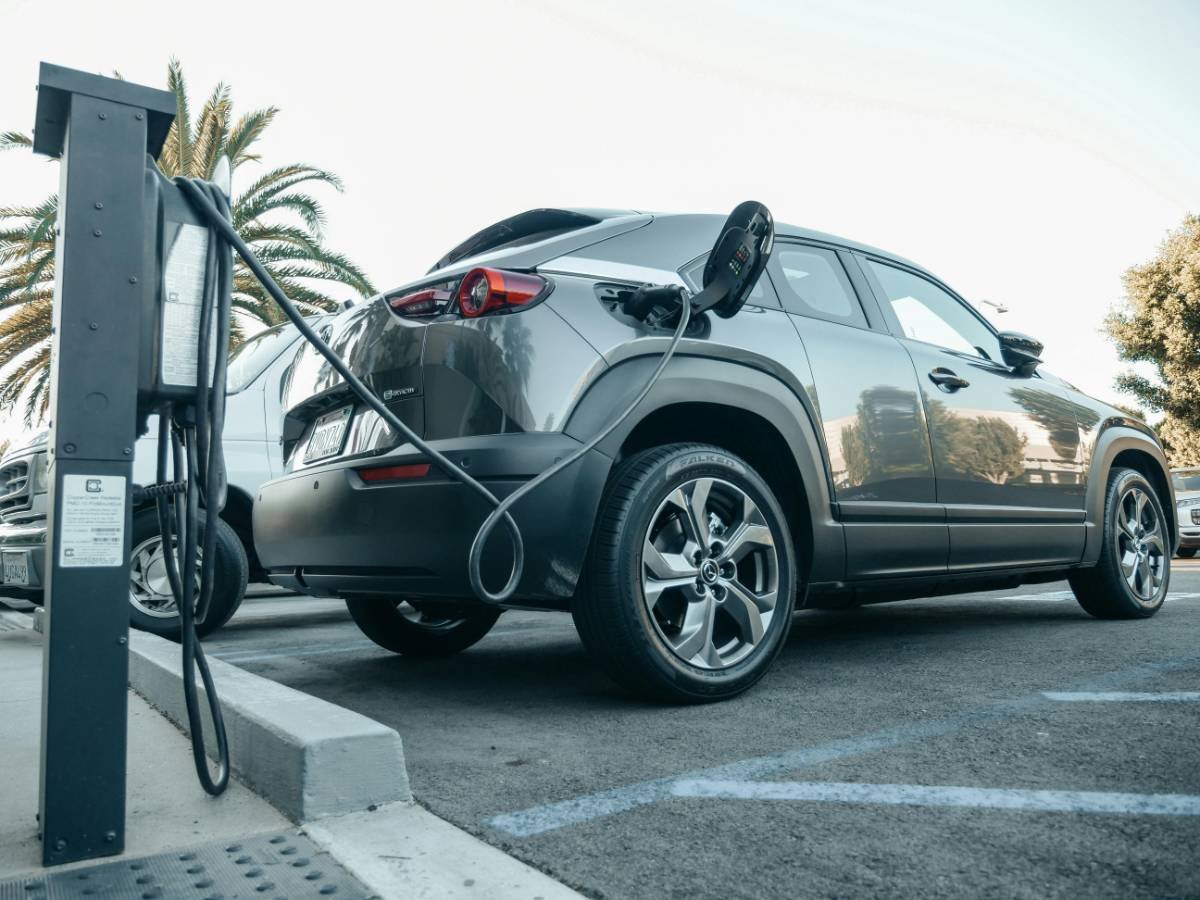
Renewing or Switching Your Car Insurance: A Guide
When it comes time to renew or switch your car insurance, the process can feel overwhelming, especially with all the options available. Whether your current policy is up for renewal, or you’re looking to explore different providers for better rates or coverage, understanding the ins and outs of renewing or switching your car insurance is key. This guide will help you navigate through the process with confidence.
Understanding Car Insurance Renewal
Car insurance renewal occurs when your current policy reaches its expiration date. Insurers usually send a notice about 30 days before your policy expires, informing you of the renewal process. The notice will outline your current coverage, premiums, and any changes made to the policy. This is your chance to review your current insurance and decide whether to continue with your existing provider or switch to a new one.
A few important things to consider during the renewal process:
1. Reviewing Your Coverage: Take the time to review the coverage provided under your current policy. Are you still satisfied with your coverage limits, deductibles, and the types of coverage you have? If your needs have changed, this is the time to make adjustments.
2. Premium Adjustments: Insurance premiums may change during the renewal period. Premiums can increase due to factors like inflation, claims history, or changes in your driving habits. Review the renewal notice carefully to ensure that the increase is justified.
3. Discounts and Savings: Many insurance companies offer discounts for factors such as bundling policies, safe driving, or having anti-theft devices. Be sure to check for any available discounts and ask your insurer if there are any opportunities to lower your premium.
4. Additional Coverage: If you have added new features to your car, or if you have increased your annual mileage, it might be time to add or modify coverage options like comprehensive or collision coverage.
5. Shop Around: Even if you're satisfied with your current insurer, it’s still a good idea to compare rates from other companies to ensure you're getting the best deal. Your needs may have changed, and a different provider may offer better rates or improved coverage.

Switching Car Insurance Providers
Switching car insurance providers can be a smart move if you find a better deal, enhanced coverage, or better customer service with a different insurer. However, it’s essential to ensure that you don’t experience a gap in coverage when switching providers. Here's what to consider when making the switch:
1. Timing the Switch: If you’re switching car insurance providers, be sure to start the process early and avoid any lapses in coverage. It’s best to have your new policy start as soon as your old one expires, so there’s no gap in coverage.
You might also like
1. Non-Trucking Liability Insurance: When and Why You Need It2. Types of Car Insurance Coverage Every Driver Should Know3. The Role of Motor Carrier Authority in Truck Insurance4. How the U.S. Health Insurance System Works2. Canceling Your Old Policy: Once your new insurance is in place, you’ll need to cancel your old policy. Contact your old provider and inform them that you’re switching. Be sure to get written confirmation of the cancellation and keep a record of it for your reference.
3. Refunds for Unused Premiums: If you’ve prepaid for your old policy, you might be entitled to a refund for the unused portion. Insurance companies often refund unused premiums when you cancel early, so be sure to ask about this if applicable.
4. Avoid Lapses in Coverage: Never let your insurance lapse while switching. Driving without coverage can lead to legal and financial consequences. Always ensure that your new policy is active before canceling your old one.
5. Review the Fine Print: Read the terms and conditions of your new policy carefully to avoid any surprises. Make sure that the coverage meets your needs and that the premiums are within your budget. Understand your deductible, coverage limits, and exclusions before signing the agreement.
Why Switching May Be Beneficial
Switching car insurance can offer several benefits, such as:
1. Better Rates: One of the most common reasons for switching is to save money. Insurance rates vary by provider, and you may be able to find a more competitive price by shopping around.
2. Improved Coverage: You may find that another insurance company offers better coverage or additional benefits, such as roadside assistance or more flexible payment options.
3. Customer Service: If you’ve had poor experiences with your current insurer, switching to a provider with better customer service can make a significant difference. Consider factors like claims handling, responsiveness, and online tools when evaluating a new provider.
4. Changing Needs: As your lifestyle changes, so might your insurance needs. Whether you’re driving fewer miles, upgrading your vehicle, or moving to a different state, switching to a provider that better aligns with your needs can result in better coverage and lower premiums.
Things to Consider Before Switching Your Car Insurance
While switching car insurance providers can be a smart decision, there are a few things to keep in mind before making the move:
1. Early Termination Fees: Some insurance companies charge early termination fees if you cancel your policy before the term is up. Be sure to check your current policy for any fees that could apply when switching.
2. State Regulations: Different states have different requirements for car insurance coverage. Make sure your new policy meets your state’s minimum coverage requirements.
3. Claims History: Your claims history can impact the rates you receive with a new provider. If you’ve filed multiple claims in a short period, some companies may charge higher premiums.
4. Keep Your Policy Active: It’s essential to have your new insurance policy in place before canceling your old one to avoid a lapse in coverage. If you drive without insurance, you could face legal penalties, including fines or suspension of your driver’s license.
Conclusion
Renewing or switching your car insurance can be a strategic way to improve your coverage and save money. Whether you’re happy with your current provider or looking for something better, it’s important to review your options carefully. Take the time to compare rates, assess your needs, and choose the best provider for your circumstances. Be sure to avoid coverage gaps, and always make sure you are fully protected when you’re on the road.
About the author
Mason Brooks is a seasoned finance writer with over 8 years of experience helping millennials and Gen Z take control of their money. With a background in economics and a passion for demystifying complex financial concepts, Ananya shares actionable tips on budgeting, investing, and building long-term wealth. Her mission is to make financial literacy accessible, relatable, and empowering — no jargon, just smart money moves.


